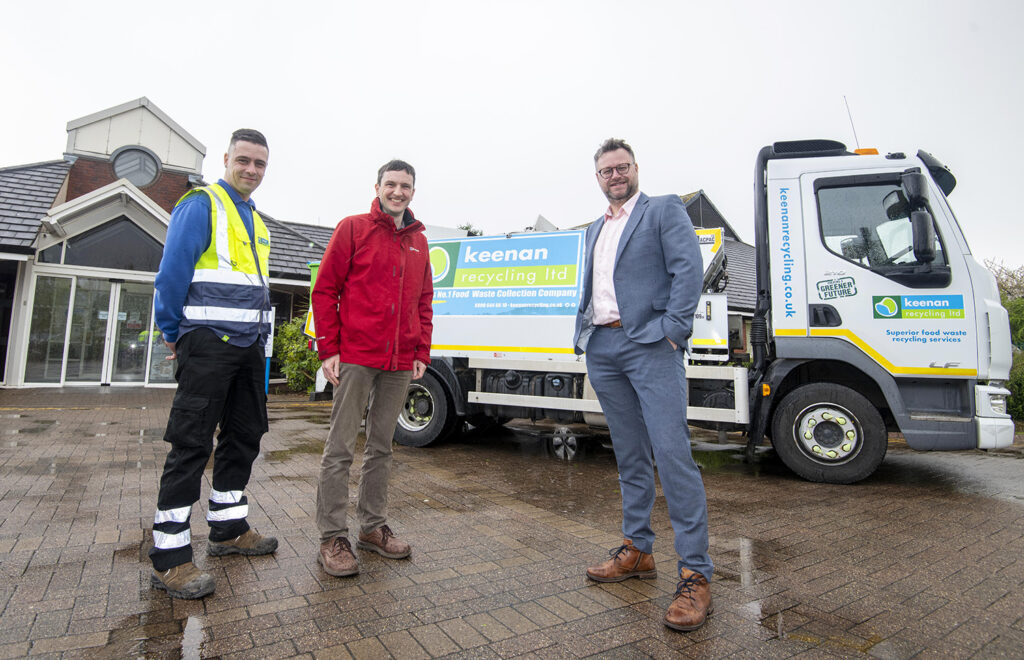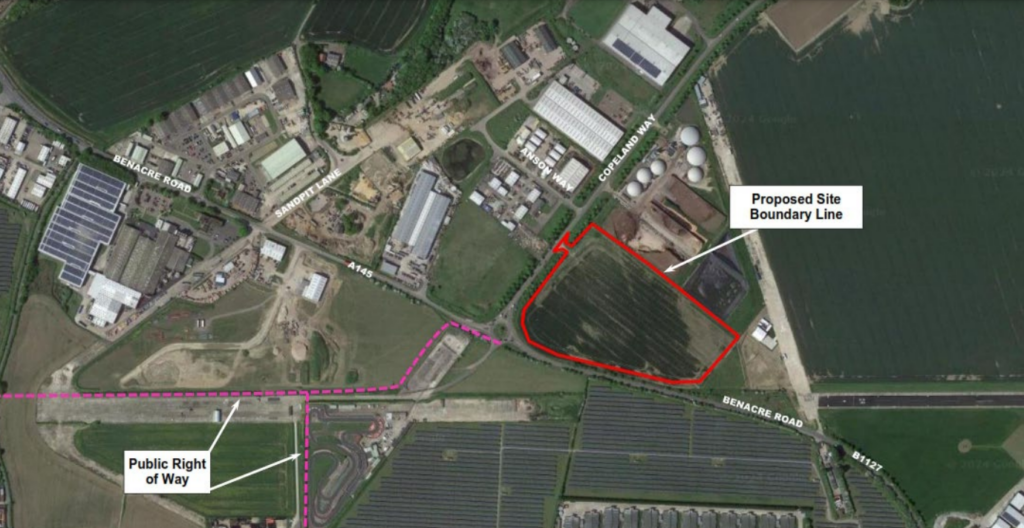Food waste and cardboard, from residents on an estate in Hackney, has been collected by the East London Community Recycling Partnership since January this year. The project has been sub-contracted by the London Borough of Hackney council.
More than 50% of the 375 households on the estate are recycling their kitchen and cardboard waste weekly. And nearly 85% of residents in the tower block dominating the estate are also recycling food waste and cardboard.
Now, with 300,000 from the Big Lottery Fund, the project is set to expand to include 2,500 households in the area by the end of this year and 5,000 by the end of 2005.
Commenting on the grant, Cam Matheson, project manager at the Partnership said: “With the amount of participation at the moment, we estimate that on average we compost 35 tonnes a year, but with the expansion this will hopefully rise to about 700 tonnes.”
Residents collect the food waste a lockable bin and a biodegradable bin liner made of cornstarch, which breaks down in the process. They also receive a powder containing micro-organisms, bran and molasses to put on the waste to prevent food from releasing smells and gases and also to speed up decomposition.
Both the food waste, which was previously sent down a chute at the tower block, and the cardboard are collected loosely from the kerbside and from each flat in the tower block.
Mr Matheson explained that removing food waste from the chute was a main driver for the project: “There was a big problem with rats on the estate, particularly in the tower block because of the chute system used to dispose of household waste. Rats were attracted to the smell, but now there is no sign of the rats at all.”
After collection, both materials are then composted on-site by ELCRP staff using an aerobic process in a system known as the Rocket composter. This is supplied by Cheshire-based company Accelerated Compost. The machine is roughly the size of an office desk and is able to treat garden and cardboard waste from around 1,000 households.
The system turns the waste at 60 degrees for around two weeks until it is pathogen-free and the compost is then used on green areas around the site. For a higher grade product, mainly used in residents' garden boxes, some of the compost is put through a wormery to produce a fertiliser.










Subscribe for free